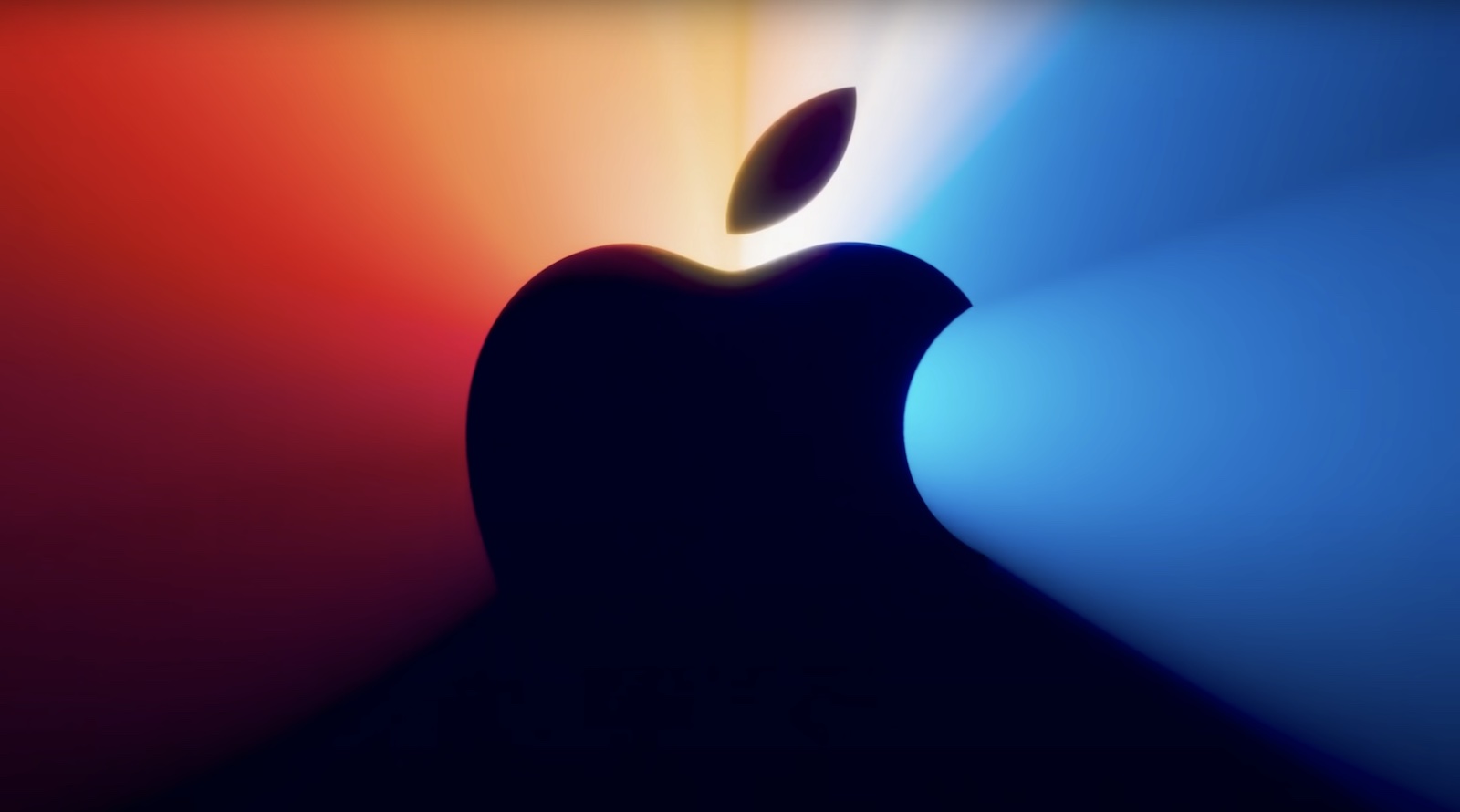
Global experts and leaders of competition policy convened at the Data, Technology, and Analytics Conference 2022 last week, hosted by the UK's Competition and Market Authority (CMA). The CMA's event came just weeks after it published its year-long study into Apple and Google's mobile ecosystems, which found that Apple and Google have an "effective duopoly" on mobile ecosystems that allows them to "exercise a stranglehold over these markets," including on operating systems, app stores, and web browsers.
"Without interventions," the press release claims, "both companies are likely to maintain, and even strengthen, their grip over the sector, further restricting competition and limiting incentives for innovators." The regulator subsequently sought to launch a wide-reaching "market investigation reference" into restrictions on mobile browser engines and cloud gaming on Apple's platforms.
Apple was represented at the conference by Chief Privacy Officer Jane Horvath, who discussed the importance of privacy in the context of competition and how privacy is a "cross-functional pursuit" at the company. She discussed examples of how privacy was a vital consideration when developing the Health app and the Apple Watch years before they debuted, as well as the journey toward App Tracking Transparency. Horvath also responded to the argument that Apple's privacy efforts may conveniently protect the position of a powerful incumbent:
Competition law Professor Dr. Damien Geradin of Tilburg University and Geradin Partners talked about the balance and understandings required when enforcing competition rules. With reference to the CMA's recently published Market Study, he said Apple often uses privacy and security "to justify the status quo and resist regulatory intervention, even when needed."
He explained that it is right for companies to protect the quality of their platforms, but that this can overstep the mark where there are conflicts of interest. Geradin concluded that it is vital regulators "distinguish between legitimate privacy and security claims and those that are pretextual or simply exaggerated."
Geradin went on to outline his expectations for how disputes between companies and regulators will pan out in the coming years as regulators around the world prepare to enforce unprecedented new rules for big tech companies. He was highly skeptical that there will be amicable collaboration between regulators and companies:
It will not go smoothly... I've seen studies commissioned by gatekeepers that were truly mindboggling... I think also that the DMA will trigger litigation, designation will trigger litigation, the DMU regime – tonnes of litigation. So I like the idea of [collaboration]... but in practice this will be a brutal battle. I'm betting on it. And if things can be done in a nice and smooth manner, I love it, but my prediction... is that this will be very, very challenging if you look at the rules in the DMA about the App Store – each and every of them will be challenged. There will be resistance to implement.
And I think it's legitimate in a way, if you disagree with a regulation, to challenge it and to push your view point, at the same time, I think there comes a moment where you need to implement and we're not there yet.
Writer and activist Cory Doctorow discussed how companies like Apple become both "durable and very big" with regards to competition. He used the example of how in the early 2000s Apple was forced to use interoperability to innovate and break Microsoft's dominance, when Steve Jobs ensured that Apple reverse-engineered Microsoft file formats to create the iWork Suite and allow Macs to proliferate in Microsoft-dominated networks.
What had been a walled garden had now become a feed-lot where Apple could go and gorge itself on Microsoft's formerly pent-up customers and that was a turning point for the Mac... and once you've got off the ladder you pull it up behind you and so... it's now very important that Apple stop anyone from doing unto Apple as Apple did unto Microsoft because Apple is the good kind of trillion-dollar cuddly company and Microsoft was the bad kind of trillion-dollar cuddly company. And it's true, it's often the case that Apple has your interests at heart, but sometimes they don't and one of the ways to make sure that they do is to have the option to leave.
Doctorow said that upholding interoperability is therefore vital to encourage companies to act in the interests of users and prevent abuses of market power.
Apple's ecosystem is increasingly coming under intense scrutiny by governments around the world, including in the United States, the United Kingdom, Japan, South Korea, the European Union, and more, with a clear appetite from global regulators to explore requirements around issues like app store policies, app sideloading, and interoperability amid concerns about competition.
Tags: Antitrust, United Kingdom
This article, "'Brutal Battle' Expected as Regulators Close in on Apple Around the World" first appeared on MacRumors.com
Discuss this article in our forums
0 Commentaires